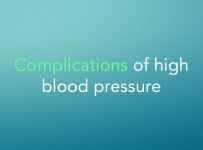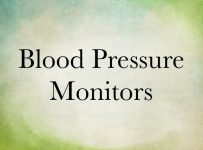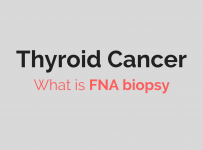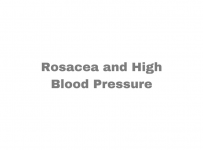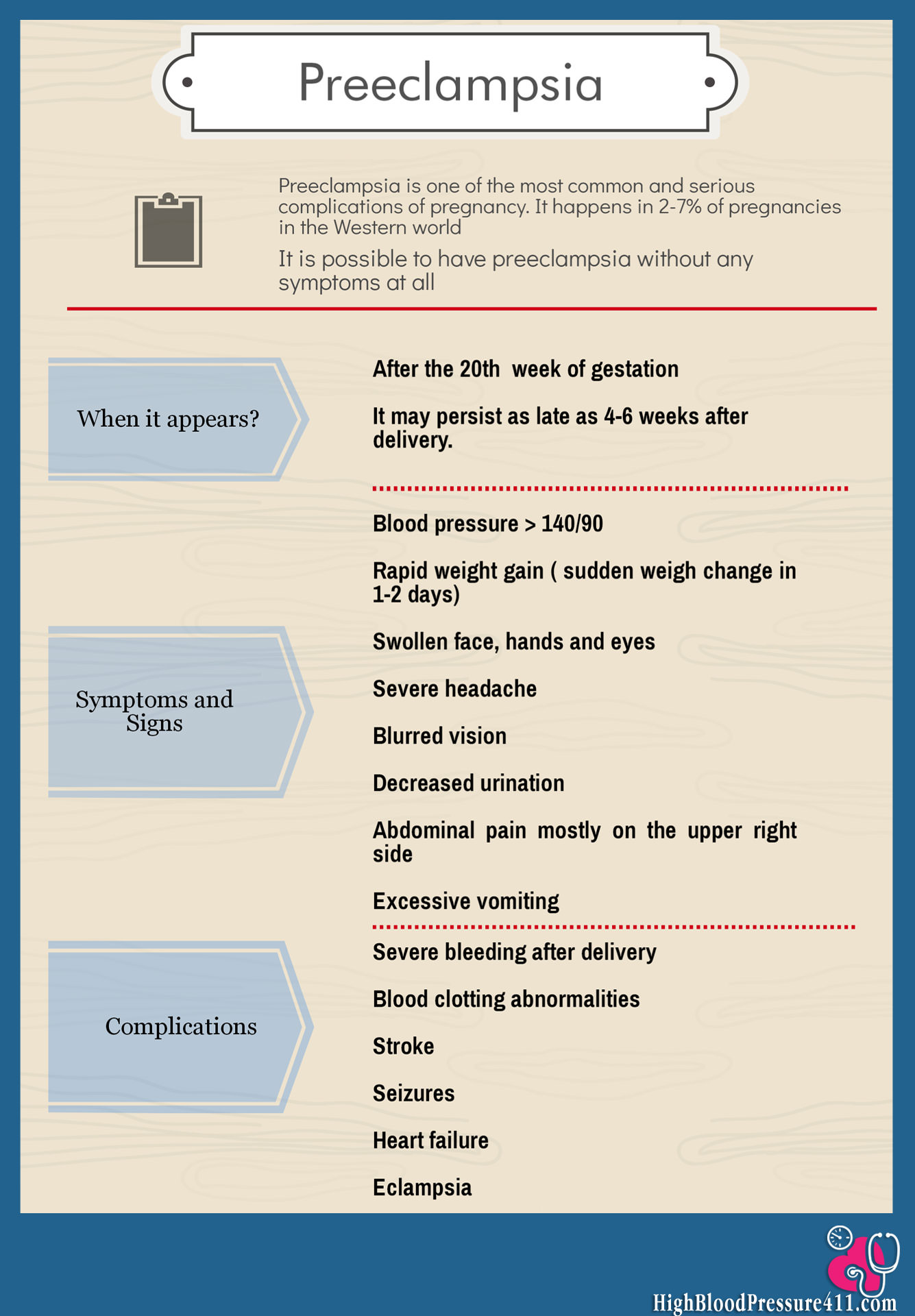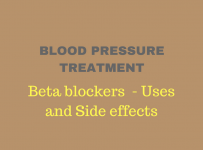What is Preeclampsia?
Preeclampsia is one of the most common and serious complications of pregnancy and it 2-7% of pregnancies in the western world. In developing countries such as Colombia, preeclampsia accounts for the 42% of maternal deaths and is the major reason for premature delivery. The exact etiology is unknown but it seems to be related to abnormal development of placenta.
If it remains untreated leads to a convulsive state called eclampsia.
When it Appears?
First signs of preeclampsia appear after 20 weeks of gestation and consist of high blood pressure (systolic more than 140 and diastolic more than 90) and presence of protein in urine. It may persist as late as 4-6 weeks after delivery.
Who is Affected?
You are considered high risk in case of having one or more of the conditions listed below:
- Mother or sister with eclampsia
- Diabetes of collagen diseases
- Increased blood pressure before pregnancy
- Obesity
- Anemia
- First pregnancy
- Expecting multiple babies
- Kidney disease
- Gestational diabetes
- Age >35 years
- Teen pregnancy
- History of lost pregnancy due to failure of embryo to grow
- Vascular diseases
- Disorders of blood clotting (Thrombophilias, Protein C deficiency, Protein S deficiency).
If you have two or more of these together, then your chances of preeclampsia are higher.
What are the Symptoms and Signs of Preeclampsia?
- Severe headache
- Blood pressure > 140/90
- Blurred vision
- Rapid weight gain ( sudden weigh change in 1-2 days)
- Swollen face, hands and eyes
- Decreased urination
- Pain just below the ribs, mostly on the upper right side
- Excessive vomiting
Keep in mind that the core feature that differentiates preeclampsia from other causes that increase blood pressure during pregnancy is the presence of protein in urine.
Complications of Preeclampsia:
The complications of preeclampsia may affect both the mother and embryo.
- Severe bleeding after delivery
- Blood clotting abnormalities
- Stroke
- Seizures
- Heart failure
Treatment of Preeclampsia:
Delivering the embryo through cesarean section remains the most important part of treatment in over 60 years.
- If the fetus is at 37 weeks or later this is the only option
- If the fetus is younger than 37 weeks some other treatment options are discussed:
Mild preeclampsia usually is managed with bed rest (in order to lower blood pressure and increase blood flow to the placenta). Additionally, close monitoring of kidney and liver function is needed as well as medications to prevent seizures (like magnesium and anticonvulsants).
Severe preeclampsia requires hospitalization and close monitoring and medications to prevent convulsions and pulmonary edema (i.e. fluid in lungs).
In certain cases the doctor may consider urgent delivery of the fetus, so corticosteroids are given in order to speed up maturation of the baby’s lungs.
Preeclampsia will persist for 6 weeks after delivery.
Eclampsia
Eclampsia happens when preeclampsia is complicated by seizures. It is an absolute emergency and requires immediate hospitalization, emergency delivery of the fetus and medications to treat high blood pressure and seizures.
HELLP Syndrome
HELLP syndrome is a severe type of preeclampsia that puts in risk of death both the mother and the fetus. In this situation, usually two options of treatments are considered: Immediate delivery of the fetus and medications (corticosteroids, anticonvulsants and lowering blood pressure agents).
How I Can Prevent Preeclampsia?
There is not a straightforward way to prevent preeclampsia. However, try to avoid risk factors that could lead for sure to this condition and to its major complications that are eclampsia and HELLP syndrome. Comply with your doctor’s advice:
- Avoid salt
- Avoid alcohol
- Avoid beverages containing caffeine
- Don’t eat junk food and prepacked food
- Beware of your blood glucose
- Take small walks daily
- If you suffer from eating disorders like bulimia nervosa or anorexia nervosa consult frequently your psychologist.
- Do not use over the counter drugs without doctor’s advice.
High Blood Pressure after delivery and Breastfeeding
Hypertension affects 6-10% of pregnancies, but there are few studies about incidence of high blood pressure after delivery. The most common cause of postpartum hypertension is high blood pressure during pregnancy or pre-eclampsia that persists after delivery. Women with pre-eclampsia have a 3.7-fold increased risk to develop high blood pressure in the future. Besides it is not uncommon for pre-eclampsia to appear for the first time after delivery. If your blood pressure readings remain high for more than 6 weeks after delivery, you should consult a specialist.



